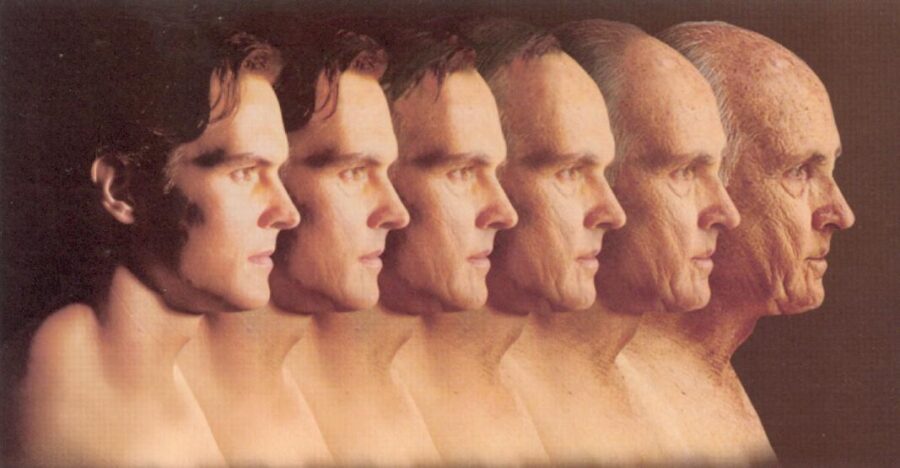Scientists Just Discovered The Cure For Aging And Might Solve Death?
Scientists have found a way to increase a cell's lifespan that would allow humans to age in a healthier manner.

Although stars like Patrick Stewart and Jane Fonda are aging like fine wines, the rest of us may be less than happy with the thought of growing older. According to Science Alert, researchers working diligently at the University of California San Diego are hoping to find a way to slow down aging. While this doesn’t mean that humans can expect to live longer, the new study will hopefully allow the years to be thrown at us at a much more manageable rate.
The scientists are using the yeast Saccharomyces cerevisiae to lead their data by “rewiring” the cells which in turn allows them to live longer lifespans. In fact, on average they’re able to extend their shelf-life by a whopping 82 percent. When it comes to how that will affect the aging of humans, the researchers plan to tie their findings in with what they already know about genetic circuits, something that Nan Hao, a molecular biologist at the University of California San Diego, likened to the same electrical circuits that we have in our “appliances and automobiles.”
Computers brought the scientists to their first understanding of how cell aging works by breaking it down into an analogy of a car’s brakes and tires going through wear and tear over the years. Once this concept was understood, they put a block in the circuit that gave the cells the option to shift between two types of aging instead of the single one. With more options, the cells slowed down the rate at which they were aging.
While testing with yeast cells may seem like small potatoes, this is just the first step forward in the frontier of slowing down aging. It’s no secret that one of the greatest money-makers in our society lies within cosmetics and surgical procedures that help keep us forever young, so imagine what these findings could ultimately mean for society as a whole. Because we all can’t afford these treatments and don’t even necessarily want to undergo them, this aging study could be a push in the right direction when it comes to living the best and fullest life available.

As for why yeast cells are the prime choice for this research, their makeup is similar to human cells and a great jumping-off point for the study. Next, the findings will be put to the test in other similar cells to see if aging is also slowed down there. As tiny tweaks are made, the researchers will march on to the finish line.
Between the gargantuan (and slightly terrifying) steps forward in artificial intelligence, space travel, and medicine, there’s no telling where science and technology will take us next. While there’s no way to give us the Indiana Jones and the Dial of Destiny treatment and de-age us, hopefully, this aging study will give mankind a better idea of how to best take care of our bodies and prolong the negative effects of aging for as long as possible. As always, you can count on GFR for the updates – aging and otherwise- as they become available.











